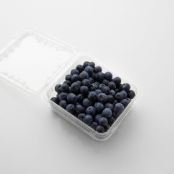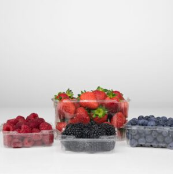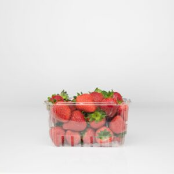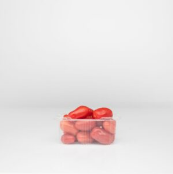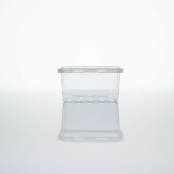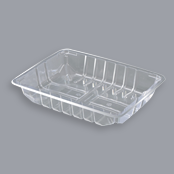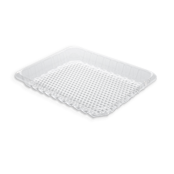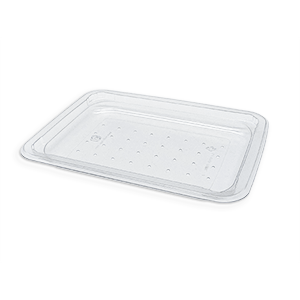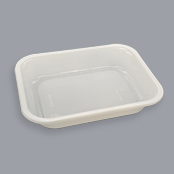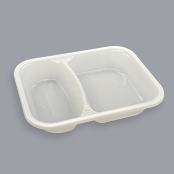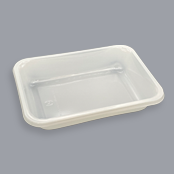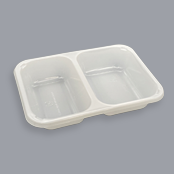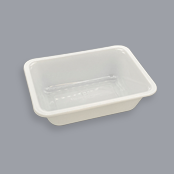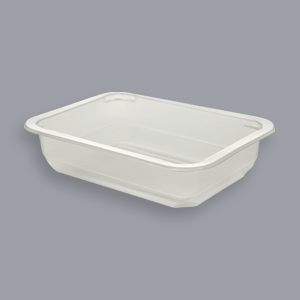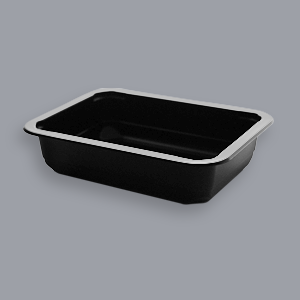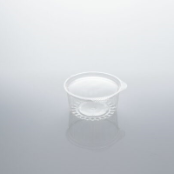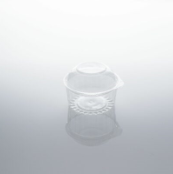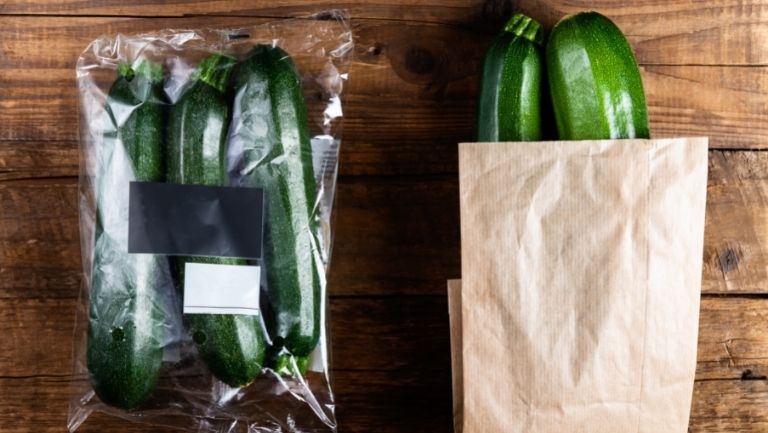
Paper vs Plastic Debate: Which Material Is Better for Food Packaging? (part 2)
In Part 1 of this series, we’ve learned about why the plastics recycling ecosystem in Australia is broken, and how to close the loop to make a more robust circular economy – an area that Australia Government is putting huge, transformative efforts into with our 2025 National Targets. We’ve also learned about the massive environmental cost of paper manufacturing, and compared the environmental impact of manufacturing a recycled paper vs recycled plastic bag. (If you haven’t read Part 1, we’d suggest giving it a look first to set the stage.)
In terms of which material is better for food businesses, it’s not all about the environmental cost of manufacturing – it’s also about what you do with the food packaging afterwards. So that’s where biodegradability comes into play. As we’ll explore below, just like many recyclable materials don’t end up recycled, just because a material is technically biodegradable doesn’t mean it will be biodegraded.
Biodegradability
It’s important to remember that landfills are far removed from the normal environment where paper usually biodegrades. Modern landfills are a dry, air-tight environment where organic matter like paper is mummified rather than decomposing. In other words: drier environments can preserve organic matter for a very, very long time. That’s wonderful and romantic when Bedouin explorers are finding 1500+ year old scrolls in desert caves where most of the writings from the ancient world have long-since biodegraded; but from a waste management perspective, it’s quite literally a mess.
Garbologist Bill Rathje, a fellow at the Archaeology Center of Stanford University and director of The Garbage Project find that: “in a dry landfill, paper bags don’t degrade any faster than plastic bags. In a normal, well-run landfill, paper bags do not biodegrade any faster over at least 40 years than plastic.” He also notes that “plastic bags, especially in landfills, take up so much less volume than paper bags. If you’re worried about the amount of space in landfills taken up by plastic bags — don’t.”
Of course, there are alternative ways of biodegrading paper, like home composting, but in practice most Australians won’t be doing that. Fortunately, there is already both market and infrastructure for recycled paper, leading to an impressive recovery rate of 70%. However, the environmental cost of manufacturing new products from recycled paper is high enough that where the coin-toss is between diverting paper or plastics from landfill, the “green” choice is still plastics. Both materials in this scenario already exist in the environment, but the latter has significant & valuable life left in it, and the environmental costs of recycling it are far lower.
So by all means, throw your paper into the recycling bin, compost it, or get your kids to reuse it for those papier-mâché art projects. But when it comes to deciding which packaging to use for your food business, demand the greener choice: recycled plastics.
Usability and quality
The green benefits of recycled plastic packaging are already a dealbreaker for many food businesses. But the benefits don’t end there. Paper packaging isn’t waterproof and is easy to tear under pressure. Paper packaging that are robust enough to stand up to more pressure, wear and tear will also use more paper resources.
Furthermore, quality is a hugely important factor, because as a food business, you stake your reputation not only on creating delicious produce and/or food products, but ensuring they’re still fresh and tasty by the time they reach your customers. Reducing wastage through breakage and food quality means you can consistently deliver excellence.
Plastic packaging has been relied on for decades by food businesses seeking to keep their food fresh for longer; and by adopting plastic with a high recycled content, you no longer have to compromise between sustainability and quality.
The recycled plastics revolution
The 2025 National Packaging Target of 20% average recycled content in plastic packaging sounds ambitious when Australia is currently tracking on average at a mere 4%. However, government and industry are working together towards achieving these targets. For example, by 2023, at least 80% of supermarket products will display the Australasian Recycling Label, which will include information on recycled content in the packaging used for those products. This is an exciting step, finally offering consumers the power of informed choice.
Multisteps: leading the way
Here at Multisteps, we’ve been committed to sustainable plastics for decades, offering food businesses the choice to do better. As we’ve seen, Australian plastic packaging incorporates on average only 4% recycled content, and the 2025 target is 20%; Multisteps’ products have the ability to offer packaging with up to 100% recycled content – an achievement that we’re very proud of. With significant investments in R&D, we lead the way and set industry benchmarks for sustainability and quality alike, and we’re proud to produce premium plastic packaging that will help food businesses not only achieve but far outstrip recycled content targets.
By choosing recycled plastics for your packaging needs, you’re helping to bolster the recycled plastics market, and diverting a harmful material away from landfill in the process; you’re also doing so with less environmental impact. And with nine in 10 Australian consumers being more likely to purchase ethical and sustainable products, now is the time to establish your brand at the forefront of the recycled plastic boom.
Let’s leave paper packaging to the history books: recycled plastics are still the best choice for quality and carbon footprint alike, and Multisteps have the expertise to help your food business deliver far more than the national targets: a commitment to sustainability that you and your customers will both be proud of.





